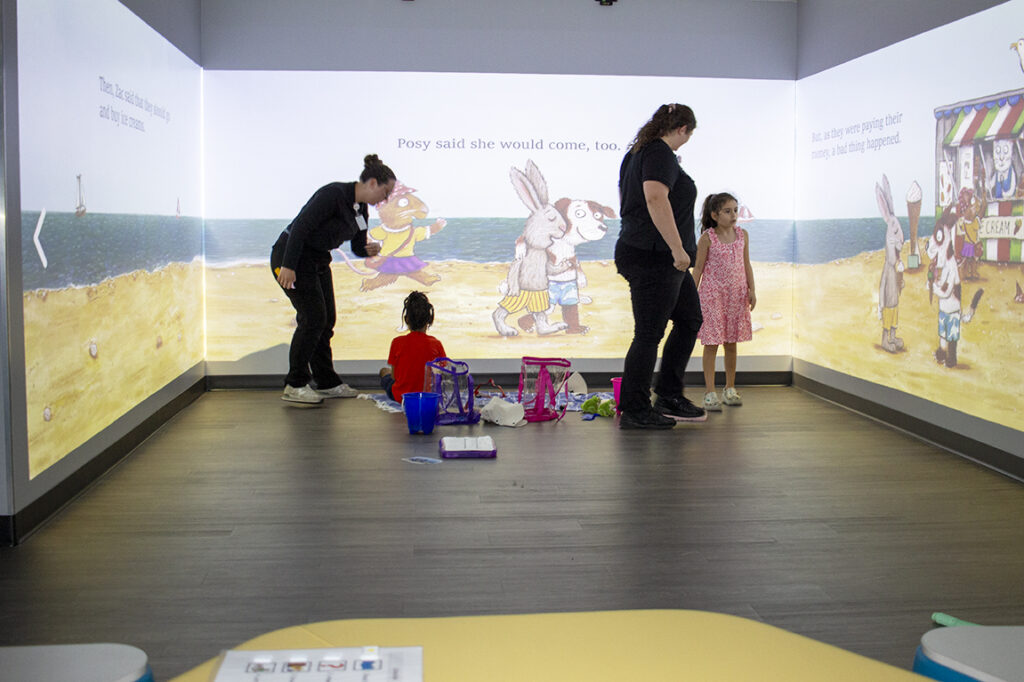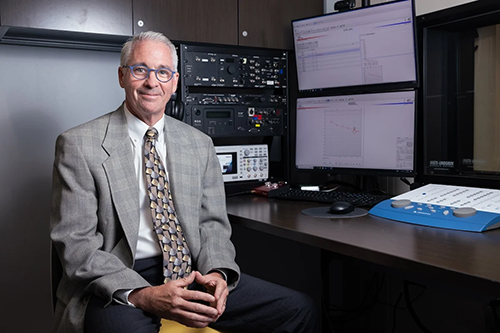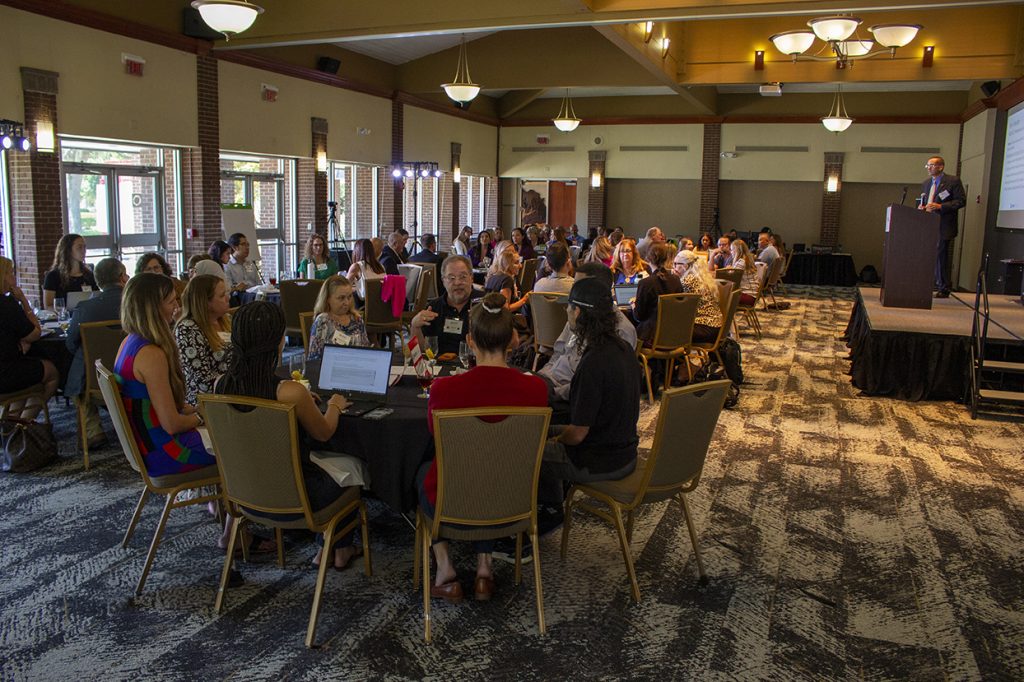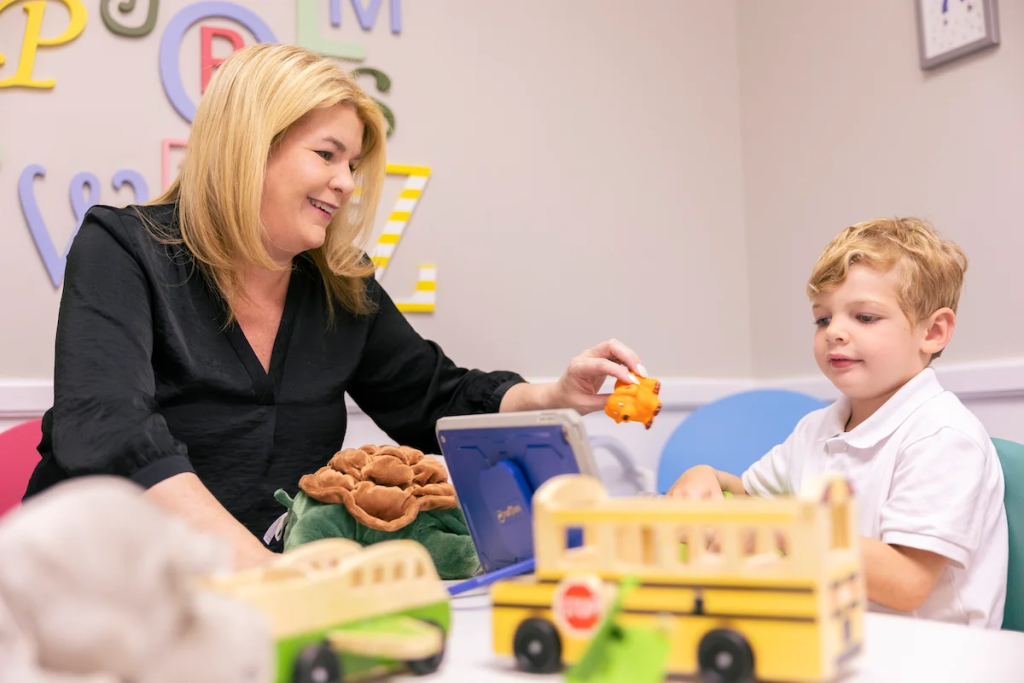
Terri Daly, the director of UCF Center for Autism and Related Disabilities (CARD), is spearheading research that has received renewed funding for the fourth year from the Florida Developmental Disabilities Council. The $125,000 grant will help improve enrollment and success in post-secondary education for Hispanic/Latino youth in Florida who identify as individuals with autism spectrum disorder.
The FDDC had previously identified a disparity in access to and completion of post-secondary education and training programs for these students. When comparing these students with ASD students of other races, the data showed consistently lower enrollment percentages for Hispanic students with ASD than for other populations, particularly within the Florida College System.
Over the course of the past three years of grant support, Daly and her team have collaborated with stakeholders across the state to create a plan to improve those outcomes for Hispanic youth with ASD.
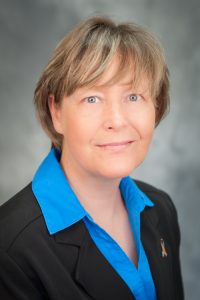
UCF CARD hosted 75 focus groups with adults with ASD, students with ASD, and their families across the state to determine key barriers and proposed policies and practices to improve access to post-secondary education programs.
The focus groups revealed that parents and students were not aware of options available in high school to prepare students for post-secondary education. The school system has a wide variety of options for students to jump start their post-secondary education, including dual enrollment, courses for college credit, and career academies, but the parents, adults and teens were not aware about many of the options available.
As a result of the focus groups, the UCF CARD office is continuing to work on a plan to facilitate better collaboration between vocational rehabilitation (counselors and services designed to help people with disabilities) and the school systems to better understand the needs and potential of individuals with ASD.
Daly says there have already been statewide policy changes adopted that have matched the recommendations that resulted from these studies to improve the enrollment of Hispanic youth with ASD in post-secondary education.
For example, the data showed that Hispanic students with ASD and their families often do not receive information about post-secondary education until the 11th or 12th grade. A recent policy change mandated that the information be disseminated in the middle school grades.
Daly says her work is continuing this year with the launch of a series of short informational videos in Spanish and English geared toward the parents of children bound for post-secondary institutions.
“Through our ongoing work to better serve children and adults with ASD in the Hispanic community,” Daly says. “We hope to put research into practice and foster policy change that will enrich their lives and livelihoods.”


